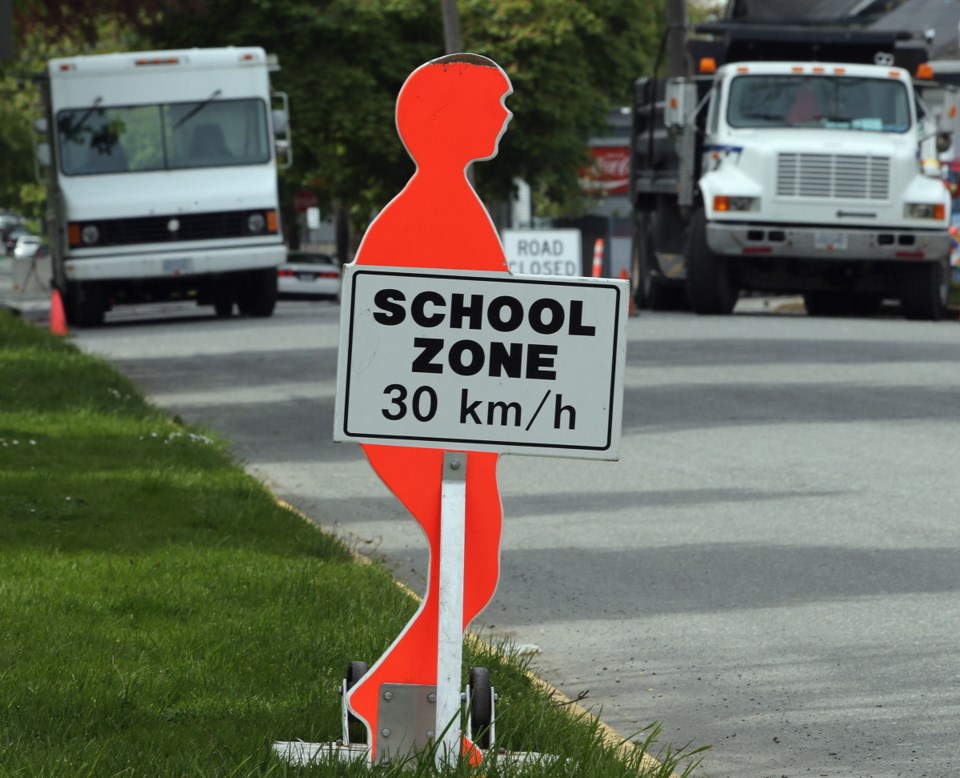Canada’s results on recent international student assessments prompted the global press to label us an “education superpower,” along with Singapore and Finland.
Despite our newfound “superpower” status, a majority of Canadians don’t believe their public schools measure up to private schools. Fewer than seven per cent of Canadian students attend private schools, but 58 per cent of Canadians believe private schools provide a better education than public schools.
In B.C., there has been a 12 per cent decrease in public-school enrolment since 2000. Meanwhile, private-school enrolments have increased from nine per cent in 2000 to 13 per cent in 2017, almost double the national average.
So, if more parents are choosing to send their children to private school, is this an indication that private schools are really better than public schools?
Not necessarily — indeed the research evidence suggests the answer is “no.” I will come back to this point in a moment, but first let’s explore the conventional wisdom that private schools are better than public schools.
Private-school enrolment increases in B.C. coincide with a historic era of labour conflict, budget cuts, school closures and overcrowding in public schools from 2000 to 2016.
While B.C. public schools were under a funding siege for the first 16 years of this century, private schools were enjoying funding increases. Public funding for independent schools increased by 96 per cent. This is larger than student enrolment increases by 55 per cent, and larger than funding increases for public schools by 90 per cent.
Extensive marketing campaigns touting a private-school advantage abound, but a wealth of positive (and free) press from reports on school-ranking schemes, which consistently place private schools at the top of the tables, certainly affects public perceptions.
All of these elements feed the notion that there is a private-school advantage.
But reality is more than appearances, and focusing exclusively on appearances can be misleading. This is particularly true of school rankings, because private schools’ higher average test scores are at the heart of conventional belief that they are better than public schools.
Anyone who scrolls through rankings of B.C. schools will find evidence that students who attend private schools have better on-average academic performance than public school students. But the key question is to what degree do private schools actually produce those results?
There is a growing body of research evidence that attempts to answer this question.
Analysis of 2011 Program for International Student Assessment results found that students in private schools tended to outperform their public school peers; the difference was primarily a result of higher socio-economic status of private-school families.
“Students in public schools in a similar socio-economic context as private schools tend to do equally well,” according to Organization for Economic Co-operation and Development, which conducts the PISA tests. The report concluded that “there is no evidence to suggest that private schools help to raise the level of performance of the school system, as a whole.”
Statistics Canada echoed these findings in a 2015 report, which found students in Canadian private schools have more educational success than their public school counterparts because of their socio-economic characteristics, not because of private schools themselves.
The StatCan report identifies two factors that consistently account for differences between public and private school student academic outcomes.
“Students who attended private high schools were more likely to have socio-economic characteristics positively associated with academic success and to have school peers with university-educated parents.” School resources and practices accounted for little of the differences in academic outcomes.
A longitudinal study published this summer extends this finding, concluding the advantage of private school students on academic, social, psychological and attainment outcomes disappears when controlling for socio-economic characteristics that selected children and families into private schools.
Are private schools really better than public schools? Conventional wisdom might say they are, but the evidence suggests the private-school advantage is a myth.
Families send their children to private schools for reasons that make sense for them. But there is substantial and growing evidence that there is no value-added in private-school education.
E. Wayne Ross is a professor of education at the University of B.C. and a fellow of the Institute for Public Education/British Columbia.



